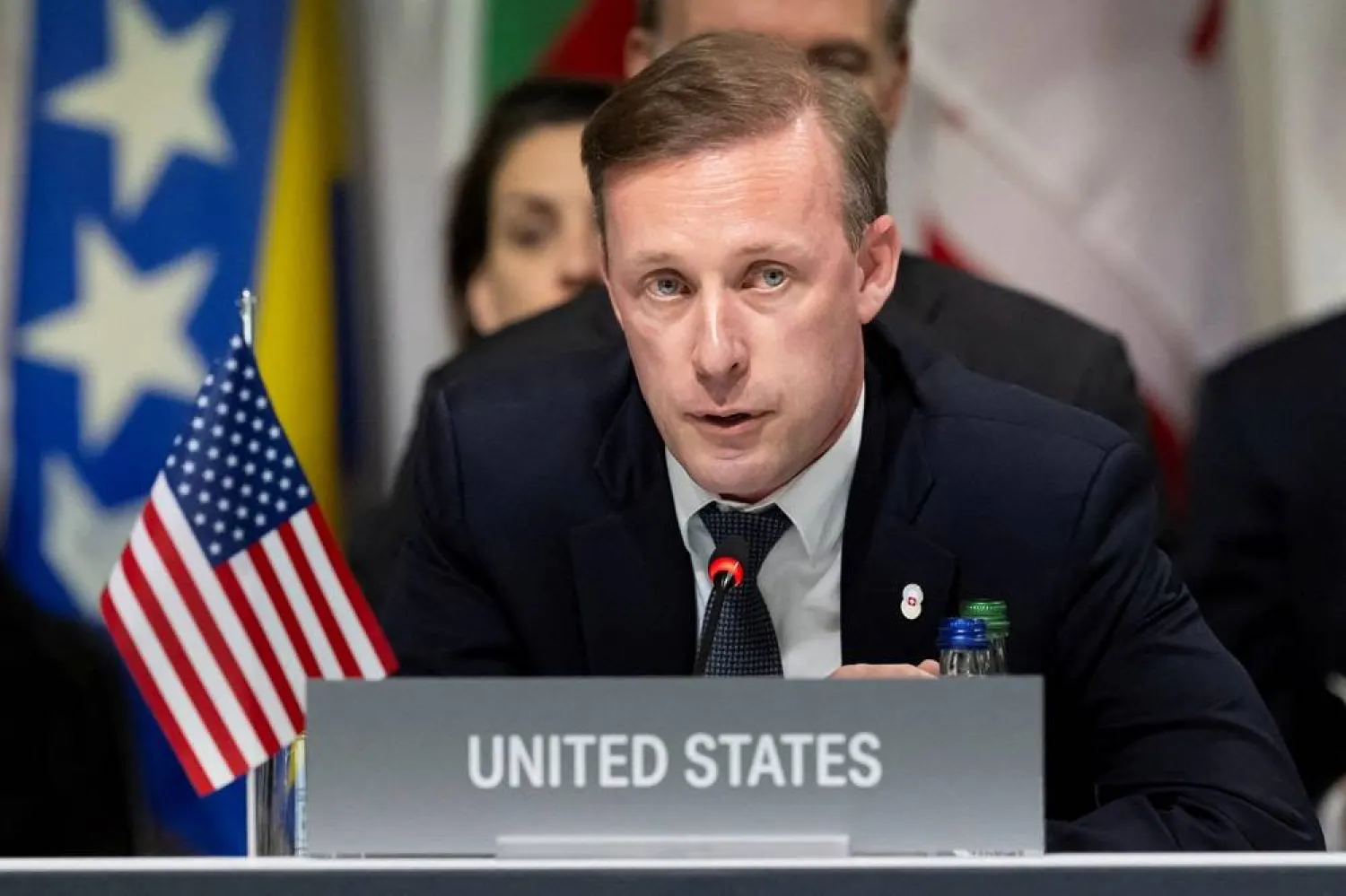White House National Security Adviser Jake Sullivan will meet with top Chinese diplomat Wang Yi in China next week to discuss issues ranging from Taiwan to US-China military talks, a senior US administration official said on Friday.
During the Aug. 27-29 talks in Beijing, the two will also discuss China's support for Russia's defense industry, as well as the South China Sea, North Korea, the Middle East, Myanmar and artificial intelligence, the official told reporters.
Sullivan's trip comes ahead of the Nov. 5 US presidential election that pits Democratic candidate Kamala Harris, the current vice president, against former President Donald Trump, in which US competition with China is a key foreign policy issue.
Both sides have sought to stabilize rocky ties in the past year since they sank to a historic low point after the US downed a suspected Chinese surveillance balloon.
Axios reported earlier that Sullivan and Yi are expected to lay the groundwork for a potential meeting with US President Joe Biden and his Chinese counterpart Xi Jinping later this year, to follow up on their California summit last November.
White House national security spokesman John Kirby told a regular briefing he had no specific information on this but called US-China "the most important bilateral relationship in the world right now."
"We're going to keep trying to manage this relationship in a way that's consistent with our national security priorities," he said.
Shortly after the trip announcement, Washington said it was imposing sanctions on more than 400 entities and individuals for supporting Russia's war effort in Ukraine, including Chinese firms that US officials believe are helping Moscow to skirt Western sanctions and build up its military.
Sullivan has held regular talks with Wang, aiming as the administration says, to responsibly manage competition between the superpowers.
The senior administration official noted they last met in January in Bangkok and discussed ways to advance outcomes from the California summit, including resumption of military-to-military talks, counter-narcotics cooperation, and the risks posed by AI.
TOUCH POINTS
The official said the visit should not be associated too closely with the election. "That's not the point. We've tried to do these Wang Yi-Jake Sullivan touch points about once a quarter."
"(The election) is always in the background in any engagement we have with foreign officials concerned about what comes next or what the transition will be like, but this meeting will be focused on the topics and the issues that we are dealing with.
"There's a lot we can get done before the end of the year in terms of just managing the relationship. I think that will be the focus."
The official said Sullivan would push for a resumption of theater-level military-to-military talks with China, and was also likely to raise US concerns about China's "increased military, diplomatic and economic pressure against Taiwan."
He would be looking too to hear China's assessment of the situation in the Middle East, where the two sides have different approaches but some shared concerns about instability.
"It really is about clearing up misperceptions and avoiding this competition from veering into conflict more than anything else," the official said.
US Secretary of State Antony Blinken met Wang and Xi in Beijing in April. That visit brought little progress on contentious issues, although there was some effort to ease the mood by emphasizing educational and other cultural exchanges.
Blinken reiterated Washington's concerns over Beijing's actions toward Taiwan and its support for Russia's war in Ukraine when he met Wang in Laos in July.









